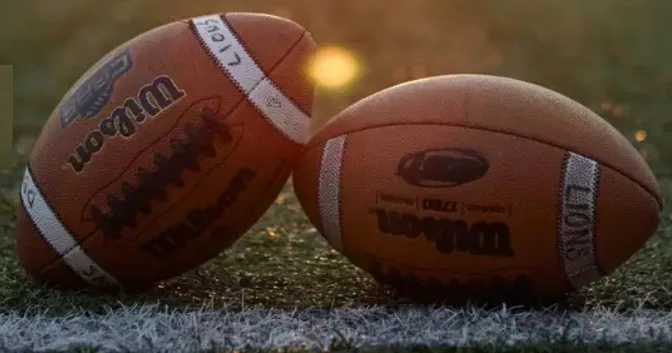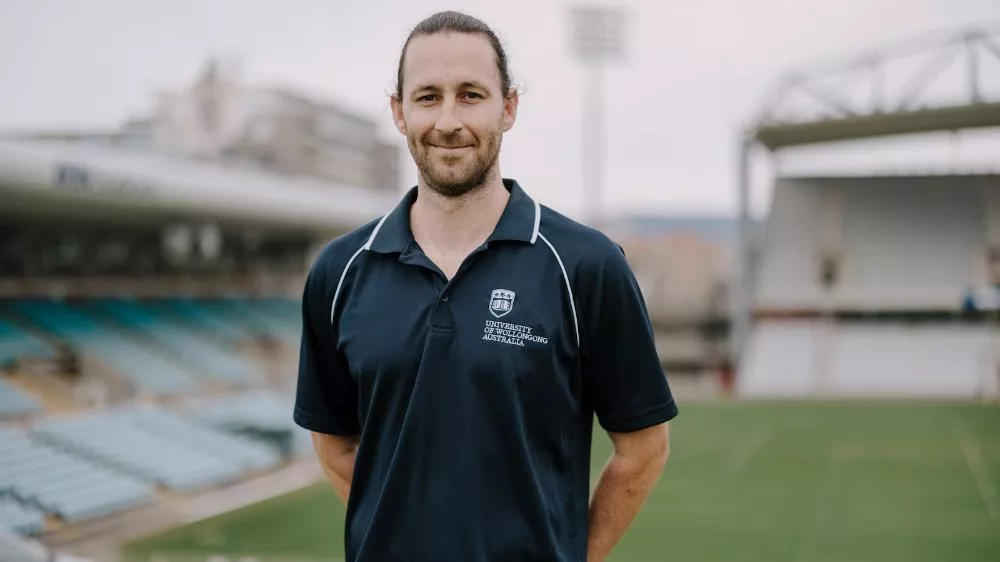The BART Foundation aims to promote better outcomes for brain injury survivors by answering three questions: Which alternative therapies are likely to work, where can they be found, and how can they be afforded? We fulfill our mission by carefully monitoring global research and clinical trial outcomes and sharing that information in user-friendly language with the TBI/ABI community.
Omega 3 oil supplementation is one of the safe alternative therapies that we at the BART Foundation believe may result in better outcomes for brain injury survivors. This recent research article, which appeared on the University of Wollongong’s website, reveals that omega-3s could provide nutritional armor for both elite and community-level athletes.
The University of Wollongong is an Australian public research university located in the coastal city of Wollongong, New South Wales, outside of Sydney. We are sharing excerpts of the research article here but encourage everyone to visit the University’s website to read the full piece.
Can omega-3s mitigate the impact of repetitive head trauma in sports?

Repetitive head trauma (RHT), such as mild traumatic brain injury and concussion, has become a major focus in contact sports as athletes past and present grapple with the long-term effects on their mental and physical health. This includes chronic traumatic encephalopathy (CTE), a type of brain damage that can only be diagnosed posthumously.
Yet new research from the University of Wollongong (UOW), in collaboration with Baylor University in Texas, has highlighted a promising ally in the fight for player safety: omega-3 fatty acids.
Dr. Greg Peoples, Dr. Michael Macartney, and PhD candidate Ryan Anthony from UOW’s Graduate School of Medicine joined a team of international researchers led by Dr. Jeffery Heileson to complete a meta-analysis published last week in the journal Current Developments in Nutrition. The researchers collated comprehensive data on the benefits of omega-3 intake in contact sports, which resulted in a focus on athletes competing in the collegiate-level National Football League (NFL) in the United States.

Athletes who play contact or even non-contact sports, on both an elite and community level, are at risk of experiencing RHT. These can be concussive brain impacts that cause neurological symptoms or subconcussive brain impacts that are more often asymptomatic.
Subconcussive impacts can occur in both training and gameplay of popular sports such as American football, Australian football, rugby, boxing, and ice hockey. For the brain, this results in persistent microcellular damage, which is signified by nerve inflammation. In the last decade, there has been a greater appreciation of how nerve cell inflammation may eventually contribute to the development of CTE in retired athletes with a history of RHT.
Dr Macartney, an expert in omega-3 fatty acid performance nutrition and physiology, said the research showed omega-3s’ ability to lower levels of neurofilament-light chain (Nf-L) in the blood of collegiate NFL athletes over an entire season. Nf-L is one of the most sensitive and specific biomarkers for detecting acute traumatic injury to brain neural cells.
“Nutrition plays a vital role in how our bodies function, with strong evidence showing that the right foods and supplements can enhance athletic performance and recovery. Omega-3 fatty acids, in particular, offer well-established benefits such as lowering resting heart rate, improving heart rate recovery, reducing heart disease risk, enhancing muscle function, and reducing chronic inflammation. Given these benefits, it’s logical they also support brain health, and it’s why we now refer to omega-3 as the nutritional armor for various organs, including the brain. However, most people, including athletes, following a typical Western-style diet aren’t getting enough of these essential fatty acids.
“Athletes in both contact and non-contact sports experience hundreds of subconcussive head impacts per season, which may have long-term effects on brain health. Because subconcussive injuries are typically asymptomatic, athletes often go untreated and continue playing, potentially worsening neurologic damage with repeated exposure. However, regular intake of omega-3s in the diet may offer preventative benefits by acting as a protective shield against excessive inflammation, which could otherwise harm brain neural cells. This not only helps mitigate injury impact but may also accelerate the recovery process.”
Omega-3s are found in many foods, but the best sources are oily fish like salmon, tuna, and mackerel. These fish are rich in the key omega-3s—EPA and DHA—known for their wide range of health benefits. Interestingly, fish get these fatty acids from eating algae, which also makes algae a great option for those on vegan or vegetarian diets who want to boost their EPA and DHA intake without relying on animal products.
Dr. Peoples, Dr. Macartney, and Mr. Anthony are familiar with the sporting world and help athletes better understand omega-3 performance nutrition to achieve their potential. They are currently undertaking a broad study of omega-3 performance nutrition among elite athletes from more than 30 different sports, including the St George Illawarra Dragons NRLW team.
